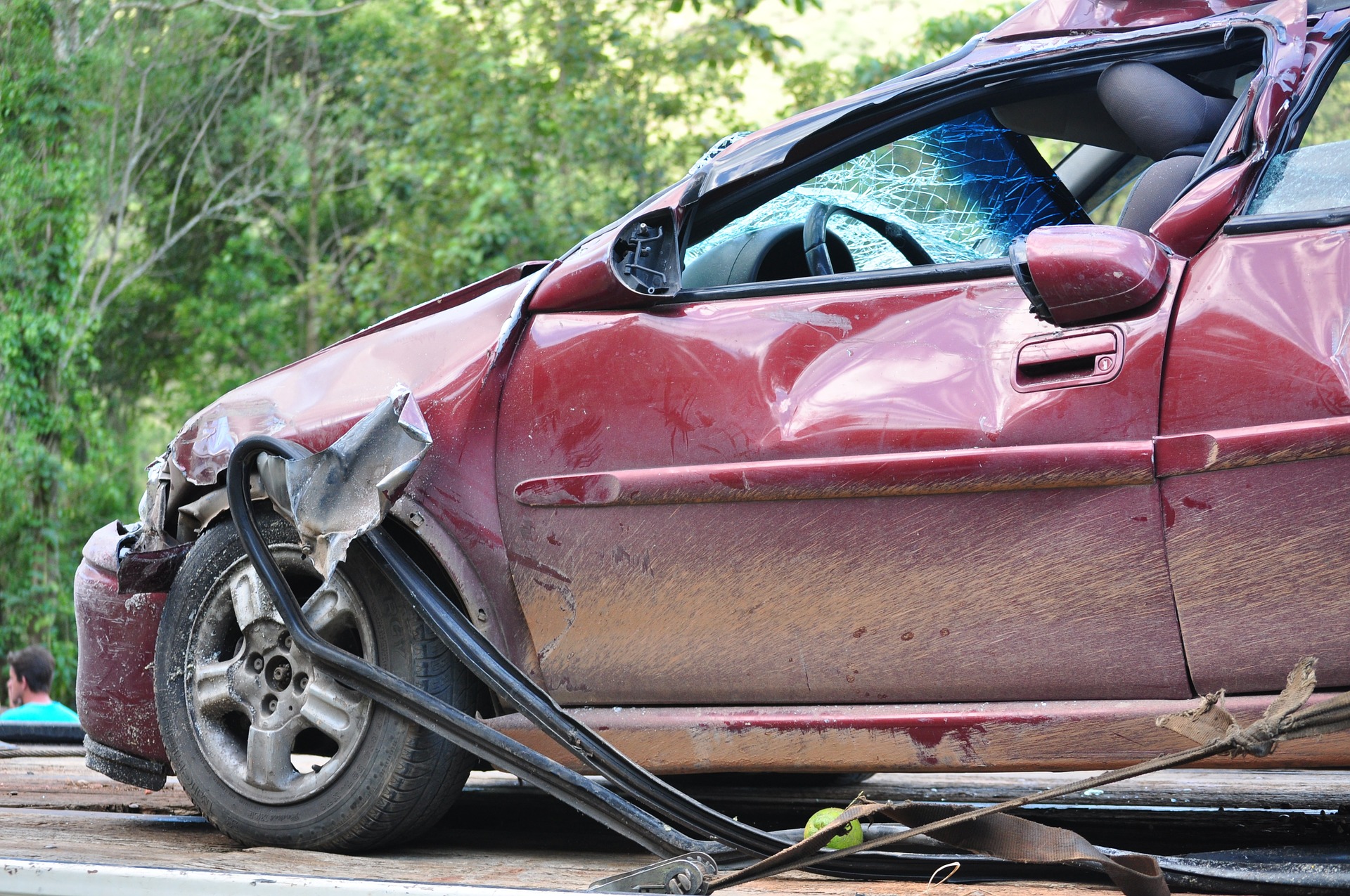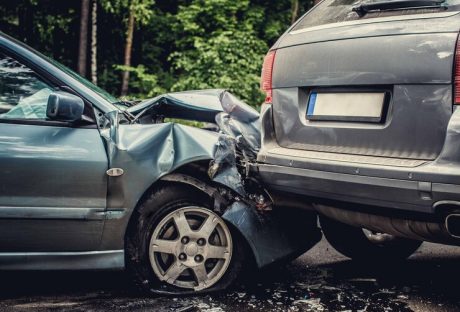Unlike most of the other cities in the world, Syracuse in New York has an abridged biking season. Hence, bikers tend to squeeze in and make the most that they can in the short season to enjoy their motorbike and have fun! This fact, unfortunately, may lead to untoward accidents. If you, your friend, or family member happens to find yourself in such a situation, it’s beneficial for you to know what you should do.
Here are some of the dos and don’ts when you’re involved in a motorcycle accident in Syracuse:
The Do’s:
Do remember that you can sue even for minor injuries:
It’s worth remembering that in the event of a motorcycle accident in Syracuse, you can sue the negligent driver who is at fault, even if you sustained only minor injuries. Do not confuse this with the situation when driving your car – with four-wheeled vehicles, you can sue the driver at fault if you sustained major injuries.
After getting yourself involved in a motorcycle accident, you can sue the negligent driver for the following injuries:
- Spinal cord injuries
- Pelvic, arm, and leg fractures
- Neck and back injuries
- Skin abrasions like cuts, scratches, and rashes
- Chest trauma
To know more of the extent of what you can sue for, click here.
Do seek medical help, no matter how small your injury is:
Many motorcycle accident victims tend to forego a medical checkup after the collision especially if they haven’t sustained any significant injuries. However, do remember that injuries are not only external. You may be clean on the outside, but you may have internal injuries or traumas that can put you to harm if left unchecked. Furthermore, you’ll need a certificate from a medical doctor to verify and describe the injuries you sustained, albeit minor, when you sue the negligent driver.
Do consult a lawyer:
Consulting an attorney is very important, even if you can settle your case amicably, without the need of a court hearing. Many things entail expert help and opinion, such as the payment of insurance, claims, lost wages, and other reimbursements, and an attorney will be able to help you with all of these. When you have a Syracuse lawyer by your side, you are more well informed of your rights as the victim or of your obligations as the erring driver.
Do know your rights:
Some motorcycle drivers still do not know their fundamental rights. If you’re one of these people, it will be to your favor to consult a lawyer. For example, in Syracuse, New York, the wearing of a helmet and protective gear is required by law. However, if you do fail to wear one and meet an accident, this failure to wear a helmet does not hinder you from obtaining damages against the negligent driver. This is a critical situation to highlight, as some insurance companies may try to cheat you out from any claim that you may be entitled to by shifting the blame on you for your failure to wear a helmet.
Some of your other rights center around the following:
- Claims for your damaged motorcycle
- Claims for lost wages and earning capacity, if applicable
- Other medical bills from injuries that you may have sustained
- Reimbursement for additional expenses incurred related to the injury, such as a psychologist’s fee and your lawyer’s fee
The Don’ts:
Don’t take your jury for granted:
When you decide to sue in court for the damages that you have sustained, don’t take for granted the act of choosing the right jury. In New York State Laws, the jurors contribute a hefty weight to the final judgment of your case. It is unfortunate, however, that sometimes, some jurors will blame you for the accident especially if you are going against a four-wheeled vehicle. They will merely say that it is your fault in the first place for choosing to be on the road with a much riskier form of transportation.
However, laws in Syracuse give you an absolute right to be on your motorcycle. Therefore, choose the right jurors who are aware of this absolute right.
Don’t stop yourself from driving your motorcycle again:
Some motorcycle drivers tend to let go of their motorcycle after meeting an accident. This usually arises out of fear of encountering another accident or any emotional and psychological traumas that have been incurred.
This advice may be the last but also the most important one for you. Don’t let your fear pull down your hobby or your love for motorcycles. Accidents can happen at any time and any place, regardless of what vehicle you’re driving. Just don’t forget to drive safely all the time to decrease your chances of meeting another accident.
Conclusion:
All these dos and don’ts are crucial for you to know, as riding your motorcycle always poses more risks than driving your car. Remember, a bike has lesser balance with only two wheels compared with a four-wheel vehicle; hence, you have to exercise extra care and caution when driving one around Syracuse. Getting yourself in a motorcycle accident not only affects you physically, but it also can also affect you emotionally, mentally, and psychologically. It’s, therefore, crucial for you to know what to do when an unfortunate accident happens.
Read Also:






















